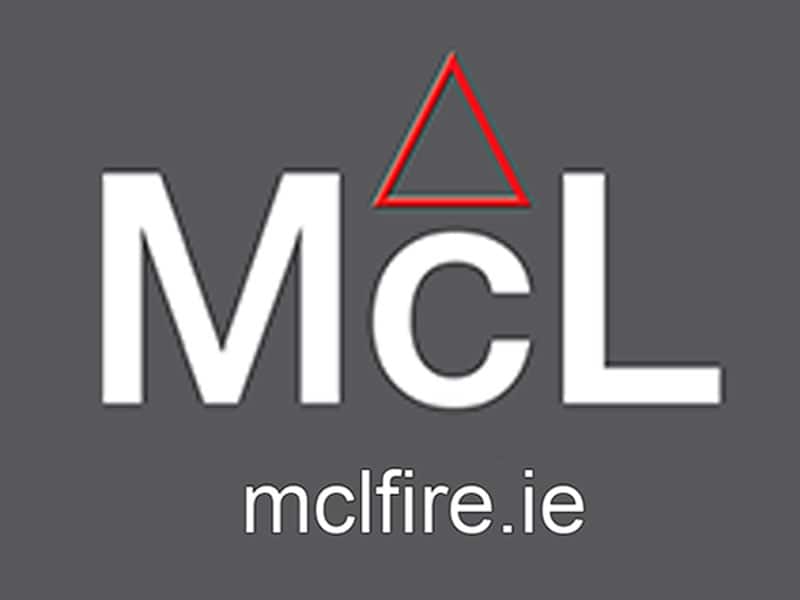Last month we ran free fire warden training course and one of the main questions we always got asked was is Fire Training a necessity? Is fire training really a necessity? The simple answer is yes! The long answer is also yes…..
Fire training doesn’t just cover what fire extinguishers to use! Training covers a number of important aspects such as escape routes and evacuation procedures, without which, may see chaos ensue in in the event of a fire. On top of this, fire training promotes a pro-active approach to fire safety, such as good housekeeping to prevent fires from starting, rather than just a reactive outlook.
Legislation
As we are predominantly a Northern Ireland company (Based in Belfast) we will be looking at The Fire Safety Regulations (Northern Ireland) 2010, specifically Part 3, Regulation 20. However, this legislation is heavily based on The Regulatory Reform (Fire Safety) Order 2005 so is still applicable to the mainland UK.
In Northern Ireland “An employer with duties under Article 25 shall ensure that his employees are provided with adequate fire safety training” and this is to be given ‘at the time when they are first employed’. Legislation states all staff will require fire training at some point, however this doesn’t mean that once they’ve been trained they’ll never need it again!
How often should fire training be repeated?
The Regulations detail a number of instances when fire training must be repeated:
-
Fire training must ‘be repeated periodically when appropriate’, in the fire industry we would recommend annually to ensure you are up to date with new practices and stay aware of the risks of fire.
-
Fire training must be provided ‘on their being exposed to new or increased risks’. Most people will get fire training once a year however they tend to forget that there are a number of scenarios in which they may need to be refreshed earlier than the annual training.
Instances in which training must be repeated earlier than the annual training include:
-
Being transferred or given a change of responsibility
-
The introduction of new work equipment
-
The introduction of new technology
-
The introduction of a new system of work.
What should fire training cover?
As mentioned before, fire training doesn’t just cover what fire extinguishers to use. The most basic training, should be comprehensive and cover a number of fire safety areas starting from ‘good housekeeping’ to evacuation procedures.
Fire training for New Employees should be completed on or before the first day of employment. This fire training covers the basics of fire safety in the workplace and should be completed as part of their induction process.
This training should include:
-
The prevention of fires in the workplace
-
The location of escape routes and the evacuation procedure
-
The location of fire alarm call points, their operation and meaning
-
The location, type and usage of fire extinguishers.
Annual fire training tends to be more in depth and covers a wider range of fire safety areas. These include:
-
The prevention of fires in the workplace and the importance of fire safety and good housekeeping
-
The basic chemistry of fire
-
What action is to be taken when a fire is discovered
-
How to raise the alarms
-
Actions taken when hearing the alarm
-
Dealing with visitors
-
Who will call the fire brigade?
-
The location of escape routes and the evacuation procedure
-
The importance of keeping fire exits clear
-
The location of fire alarm call points, their operation and meaning
-
The location, type and usage of fire extinguishers.
-
The importance of fire doors and keeping them closed
Is there more than one type of fire training?
Yes, there are a number of types of fire training that are to be used in different instances. For the sake of simplicity, the above was based on Basic Fire Awareness Training. However, there are two other commonly used types of fire training.
The first of which is Fire Extinguisher Training. Where the above ‘Basic Fire Awareness Training’ tends to be classroom and theory based, fire extinguisher training is more of a practical affair. As well as covering the basics from the fire awareness training it goes into a bit more detail surrounding fire extinguishers and there uses. Most training sessions you find will also show you the practical side of a fire extinguisher using a range of fire extinguishers on a gas fire rig. This tends to be the most popular training.
The other main fire training type is Fire Warden Training. This is by far the most detailed training session and is given to specific employees who are designated as ‘Fire Wardens’ by their employers. The role of the fire warden is to promote fire safety in the workplace. The fire warden course is designed to train new and enhance existing Fire Wardens understanding of their role and responsibilities. The course is a combination of theory (classroom) and practical (hands on) training in the safe use of portable firefighting equipment.
Tips to get the best fire safety training
-
Ensure trainers are registered (Such as IFPO registered)
-
Check the specifications of training and make sure it covers the basics
-
Price is a big factor but look at value for money ahead of overall cost (Cost vs. Quality)



Recent Comments